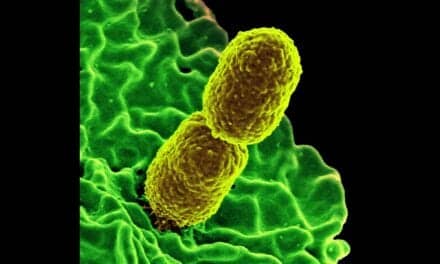Critically ill children with respiratory syncytial virus (RSV) admitted to the PICU had a significantly lower production capacity of innate cytokines compared with healthy controls and infants with less severe RSV bronchiolitis, according to researchers at Nationwide Children’s Hospital.
For the study, a nasal wash sample and a blood sample were obtained from 66 previously healthy children less than two years old who were hospitalized with RSV bronchiolitis. Researchers measured cytokine concentrations.
They found that critically ill children with RSV admitted to the PICU had a significantly lower production capacity of innate cytokines compared with healthy controls and infants with less severe RSV bronchiolitis hospitalized in the Infectious Diseases unit.
The findings suggest that children with the most severe forms of RSV disease may already be immunosuppressed when they are admitted, researchers said. This raises “the possibility of worsening this immunosuppression with the addition of commonly prescribed corticosteroids used to blunt the pro-inflammatory response to RSV,” said Mark Hall, MD, from Critical Care at Nationwide Children’s. Investigators believe prospective immune monitoring may be helpful to identify children with bronchiolitis at high-risk for severe disease.
The findings also suggest the potential for the use of immune stimulant drugs that have been used with some success in reversing innate immune suppression in critically ill adults and children.









